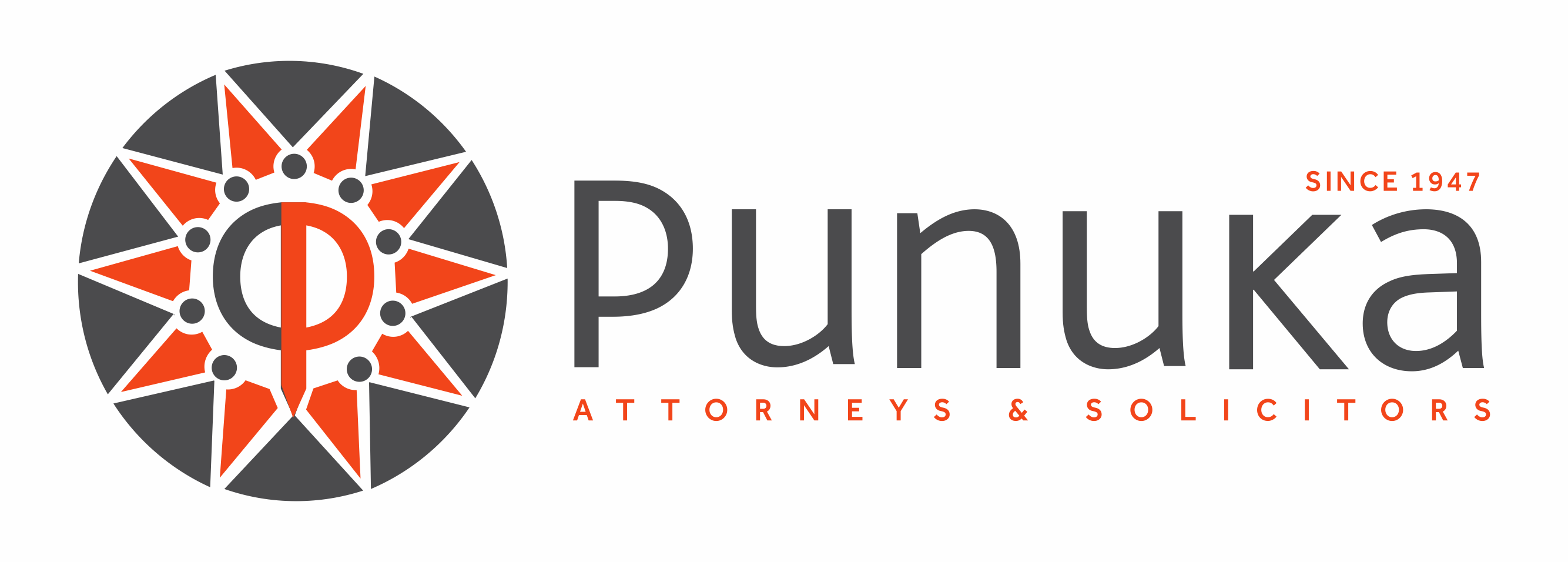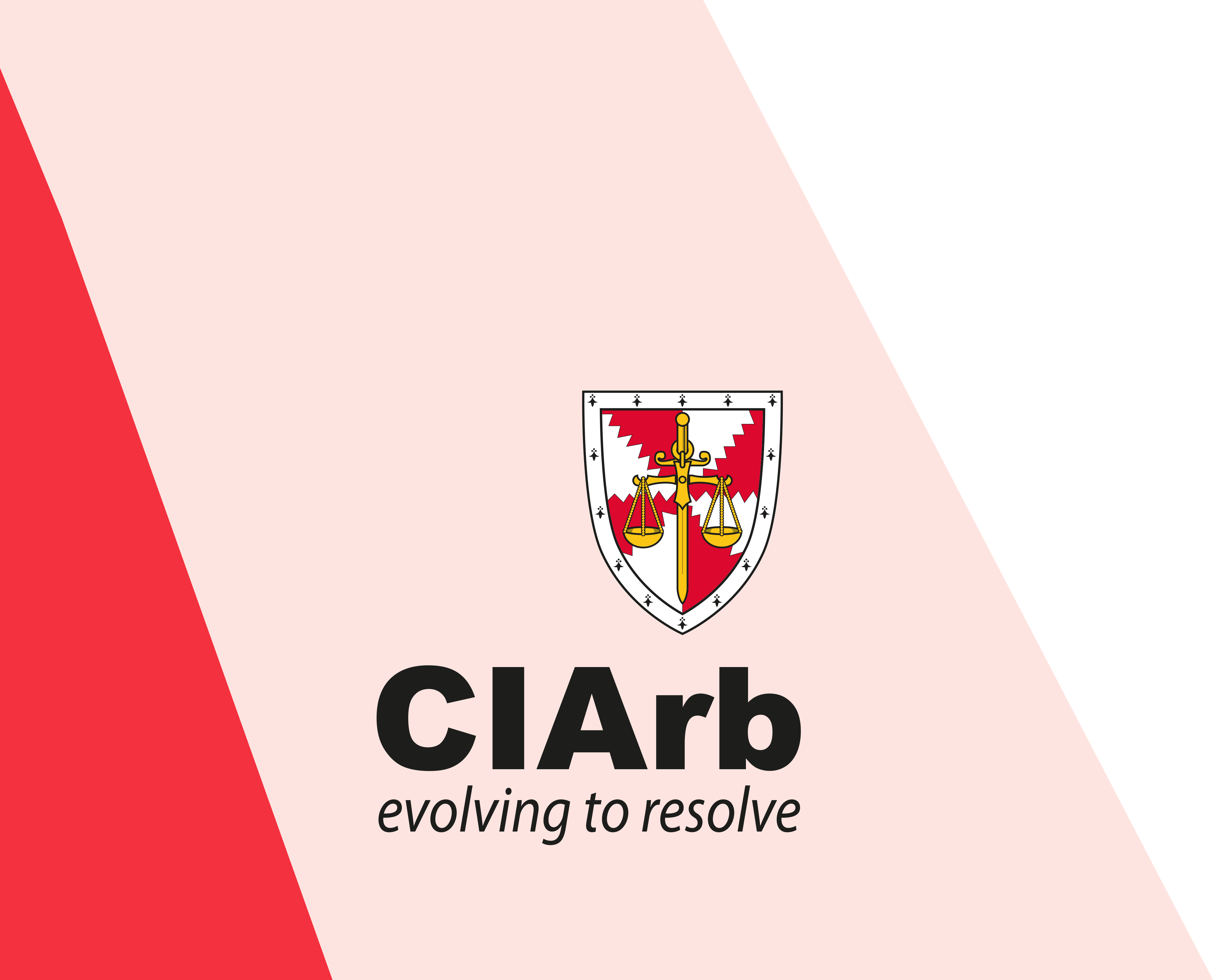President Muhammadu Buhari on Friday, 7th of August 2020 in Abuja assented to the Companies and Allied Matters Bill, 2020 recently passed by the National Assembly.
The new Act which repeals the Companies and Allied Matters Act, Cap. C20, Laws of the Federation of Nigeria, 2004 and enact the Companies and Allied Matters Act, 2020 to provide for the incorporation of companies, limited liability partnerships, limited partnerships, registration of business names together with the incorporation of trustees of certain communities, bodies, associations; and for related matters. This Act is a welcomed innovation into the Nigerian corporate and commercial business industry after 30 years of abiding by the repealed CAMA.
The new Act is made of 870 Sections, (as opposed to the 613 sections in the 2004 Act) and is divided into 7 Part. Part A deals with the Composition of the Corporate Affairs Commission, Part B provides for Incorporation of Companies, Part C deals with Limited Liability Partnership, Part D provides for Limited Partnership, Part E covers the registration of Business Names, Part F guides on registration of Incorporated Trustees and Part G deals with general provisions and the establishment of Administrative Proceedings Committee.
Notable innovations/reforms under the new Companies and Allied Matters Act (CAMA) 2020 include:
1. Provision for single-member/shareholder for private companies under Section 18(2) CAMA 2020 – The minimum number of people that can set-up a private company has been reduced to one (1) by the provisions of the Act as opposed to the former minimum requirement of two (2) people.
2. Replacement of ‘Authorized Share Capital’ with reviewed “Minimum Issued Share Capital” under Section 27(2)(a)CAMA 2020 – This subsection provides that if a company has a share capital- the memorandum of association shall also state the amount of the minimum issued share capital which shall not be less than N100,000.00 in the case of a private company and N2,000,000.00, in the case of a public company, with which the company proposes to be registered, and the division thereof into shares of a fixed amount.
3. Power of the Corporate Affairs Commission to any time before a certificate of incorporation is issued, withdraw or cancel a reserved name if it discovers that such name is identical with that by which a company in existence is already registered, or so nearly resembles it as to be likely to deceive under Section 31(3) CAMA.
4. Power of the Minister to prescribe model Articles of Association and allowing for different model articles prescribed for different descriptions of companies. A company may adopt all or any of the provisions of model articles under Section 33 CAMA 2020.
5. Statement of Compliance to be signed by the applicant or his agent confirming that the requirements of the law with respect to registration has been complied with thereby expunging the need for a legal practitioner or Notary Public attestation under Section 40 CAMA 2020.
6. Power of the Corporate Affairs Commission to withdraw, cancel or revoke a certificate of incorporation issued under this Act where it is discovered that the certificate was fraudulently, unlawfully or improperly procured under Section 41(7) CAMA 2020.
- 7. The use of Common Seal is no longer mandatory for companies by virtue of Section 98 CAMA 2020.
- 8. In respect of authentication and service of documents, a document or proceeding requiring authentication by a company may be signed by a director, secretary, or other authorised officer of the company, and need not be signed as a deed unless otherwise so required and an electronic signature is deemed to satisfy the requirement for signing under Section 101 CAMA, 2020.
- 9. Disclosure of capacity as shareholder is no longer restricted to Public companies. By virtue of Section 119 CAMA 2020, any person with significant control over a company shall, within seven days of becoming such a person, indicate to the company in writing the particulars of such control. The Corporate Affairs Commission is also mandated to maintain a register of persons with significant control upon notification by the Company.
- 10. Provision for Electronic transfer of shares under Section 175(1) CAMA 2020.
- 11. Section 183(4) of the new Act allows for the non-prohibition of a private company from giving financial assistance in a case where the acquisition of shares in question is or was an acquisition of shares in the company or, if it is a subsidiary of another private company.
- 12. Section 184(1) of the new Act allows a limited liability company to purchase its own shares including redeemable shares.
- 13. Reduction of Filing Fees for Registration of Charges – The total fees payable to the CAC for filing has been reduced to 0.35% of the value of the charge with a projected 65% reduction in the associated cost payable under Section 222 (12) CAMA 2020.
- 14. Small companies and/or any company having a single shareholder are not mandated to hold an Annual General Meeting under Section 237(1) CAMA 2020.
- 15. Provision of virtual meetings for private companies so long as it is conducted in accordance with the Articles of Association of the company by virtue of Section 240(2) CAMA 2020. Also, Section 240(1) provides that with the exception of small companies and companies having a single shareholder, all statutory and annual general meetings shall be held in Nigeria.
- 16. Section 265(6) CAMA 2020 allows for the enhancing of minority protection through the restriction of a director from simultaneously holding the office of Chairman and Chief Executive Officer of a public company.
- 17. The new act prohibits a person from being a director in more than five public companies at a time under Section 307(1) CAMA 2020.
- 18. Exemption from appointment of company secretary for small private companies has been introduced under Section 330(1) CAMA 2020.
- 19. Section 374(6) of the Act stipulates each public company shall keep its audited accounts displayed on its website.
- 20. Section 394(3) CAMA 2020 also provides that a small company shall be described or fixed as a private company by the Commission from time to time whose turnover is not more than
N120,000,000 (One Hundred and Twenty Million Naira) and whose net assets value is not more thanN60,000,000 (Sixty Million Naira).
- 21. Provision for exemption of small companies or any company having a single shareholder from appointment of auditors at the Annual General Meeting to audit their financial records under Section 402(1)(b) CAMA 2020.
- 22. The new act introduced provisions for rescuing a company in distress to prevent it from being insolvent to keep it alive such as Voluntary arrangements, Administration and Netting under Section 434-442 CAMA 2020.
- 23. Section 705(1) of the new Act provides that a person is only qualified to act as an insolvency practitioner where he has obtained a degree in law, accountancy or such other relevant discipline from any recognised University or Polytechnic; has a minimum of five years post qualification experience in matters relating to insolvency; and authorised to so act by virtue of a certificate of membership issued by Business Recovery and Insolvency Practitioners Association of Nigeria (BRIPAN), or his membership of any other professional body recognised by the Commission, being permitted to act by or under the rules of that body; and holds an authorisation granted by the Commission.
- 24. Section 839(1) of the new Act allows the Commission to by order suspend the trustees of an association and appoint an interim manager or managers to manage the affairs of an association.
- 25. Section 845(1) of the new Act provides that the trustees of an association shall submit to the Commission a bi-annual statement of affairs of the association, as the Commission shall specify in its regulations.
- 26. Merger of Incorporated Trustees has been introduced as two or more associations with similar aims and objects under such terms and conditions as may be prescribed by the CAC can be merged under Section 849 CAMA 2020.
- 27. Section 851 of the new Act establishes an Administrative Proceedings Committee. Parties however, dissatisfied with decisions of the Administrative Committee may appeal to the Federal High Court.
- 28. Under Section 853 of the new Act, the Commission may, by regulations, require that in connection with an application for the approval of the Commission for the registration of company, limited liability partnership, limited partnership, business name or incorporated trustee, that the applicant must seek the view of a specified Government Department or other body.
- 29. Section 860(1)(2) CAMA 2020provides for certified true copies of electronically filed documents to be admissible in evidence as same will have equal validity as the original documents.
- 30. Further provisions are made on qualification and authorization to act as insolvency practitioners, while amendments have been made to qualification of persons to act as secretaries, auditors. Landmark innovations also include the introduction of limited liability partnerships and limited partnerships as legally recognized business models.
CONCLUSION
A detailed review of the new Act will reveal a serious overhaul of the corporate regulatory system to be more in tune with contemporary trends, enhance flexibility, and promote ease of doing business. The Act had also factored in the incidents of the new normal while embracing technological changes in the world of business. These provisions are major improvements in company regulation and practice and will enhance productivity and promote ease of doing business in Nigeria.
For more enquiry you can contact us at info@punuka.com
This notice is issued as part of our public service and awareness program
SIGNED
PUNUKA Attorneys & Solicitors













